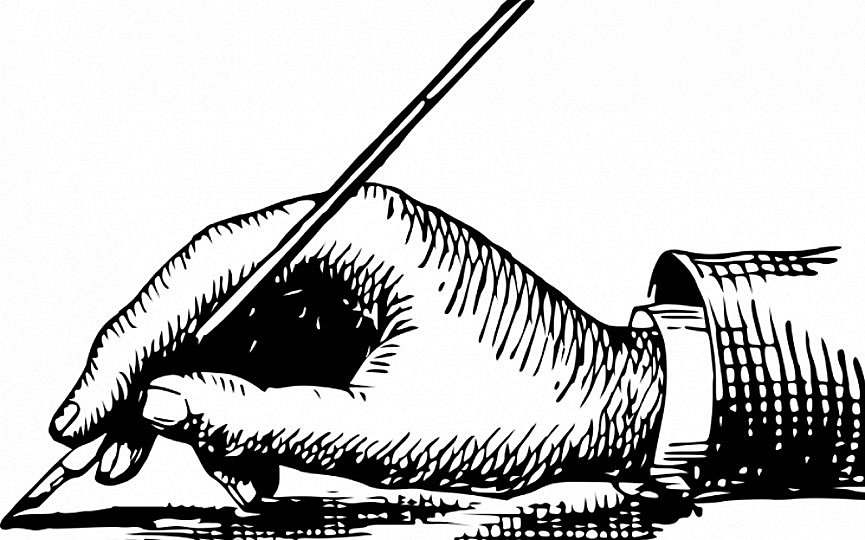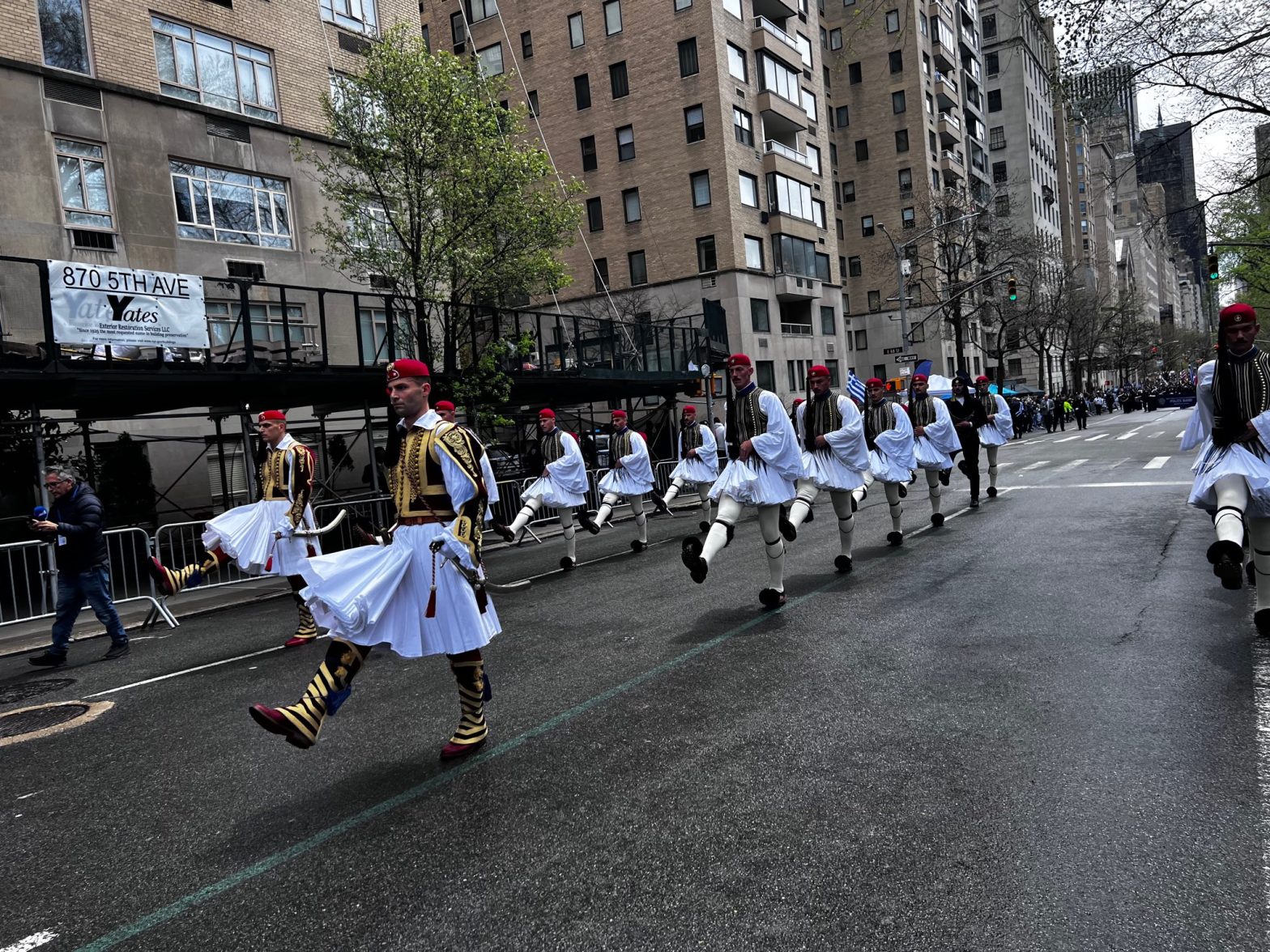General News
Meropi Kyriacou Honored as TNH Educator of the Year
NEW YORK – Meropi Kyriacou, the new Principal of The Cathedral School in Manhattan, was honored as The National Herald’s Educator of the Year.

To the Editor:
Gene Rossides was someone I looked forward to meeting one day. I was saddened to have recently read in The National Herald of his death. The news however reminded me of my connection with Gene and it gave me the opportunity to tell my son, my Gene Rossides story. The story of the winning quarterback for the Columbia Lions.
I first learned about Gene Rossides when he was the quarterback for the Columbia football team back in1947. That was the year that the Columbia Lions upset and beat the powerful Army football team at Baker Field by a score of 21-20 on Saturday, October 25, 1947.
As it happened, the following day, on Sunday, October 26,1947, I was in uniform, playing left/ end for the Kobe Base football team in Japan.
Our base team was playing the Army 11th Airborne Division team at Neil Kinnig stadium in Yokohama, Japan.
The Airborne team was in great shape. They were combat ready and were all fired up with their special brand of esprit d’corp. Our defense held the Airborne team to three touch downs in the first half while we only scored once on a long pass play.
The Kobe team was unable to contain the powerful 11th Airborne offense. During the half time, locker room intermission, our coach went through his drill but the team was less than inspired. I recognized the general feeling myself and felt that the team needed to hear something more positive. Something to inspire them with a positive attitude for the second half.
That was when I stood up and told them about Gene Rossides and how the Ivy League Columbia University quarterback held and defeated the powerful Army football team in the 21-20 victory just the day before.
As I think about that event now, I was not exactly the imposing figure of Knute Rockne making that halftime pep talk. Nor did I make reference to winning one for the “Gipper.” I just wanted the team to leave the locker room with positive thoughts based on Gene’s upset victory over the heavily favored West Point team.
Over the many years since, I had read about Gene’s career world successes in TNH and imagined that one day our paths would cross in the New York, Greek-American community we were both a part of. I would then share an event in my life that related directly to a high point he had experienced in his youth playing football for the Lions, some 73 years earlier. He and I were probably the same age, both born in 1928.
I believe Gene would have enjoyed meeting a contemporary who remembered him for the football prowess of his youth rather than for his successful and noteworthy professional career.
Peter Nicolelis
Spring Hill, FL
NEW YORK – Meropi Kyriacou, the new Principal of The Cathedral School in Manhattan, was honored as The National Herald’s Educator of the Year.

NEW YORK – The New York Greek Independence Parade on Fifth Avenue, commemorating the 203rd anniversary of the Greek Revolution of 1821, was held in an atmosphere of emotion and pride on April 14.
NEW YORK — The historic hush money trial of Donald Trump got underway Monday with the arduous process of selecting a jury to hear the case charging the former president with falsifying business records in order to stifle stories about his sex life.
ATHENS - The New Democracy's ballot paper was presented at a special event at the Athens Auditorium on Monday.
JERUSALEM — Israel’s military chief said Monday that his country will respond to Iran’s weekend attack, but he did not elaborate on when and how as world leaders urged Israel not to retaliate, trying to avoid a spiral of violence in the Middle East.
FRANKLIN, TN – After the amazing success of first two Annual Greek Adoptee Reunions in Nashville, TN, in August 2022 and in their homeland of Greece in October 2023, Greek-born adoptees are poised to converge on Louisville, KY, for the Third Annual Greek Adoptee Reunion, June 20-22.